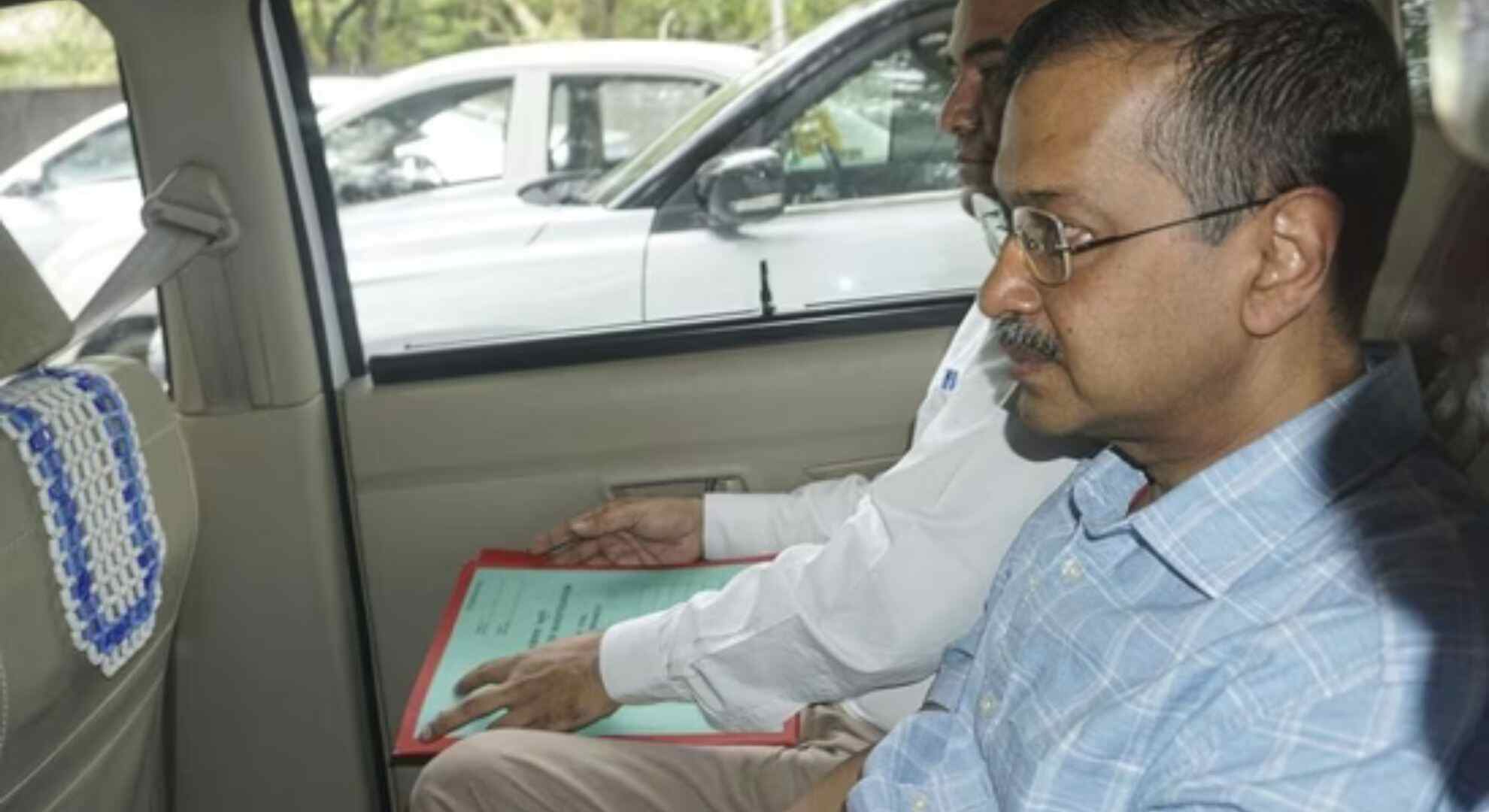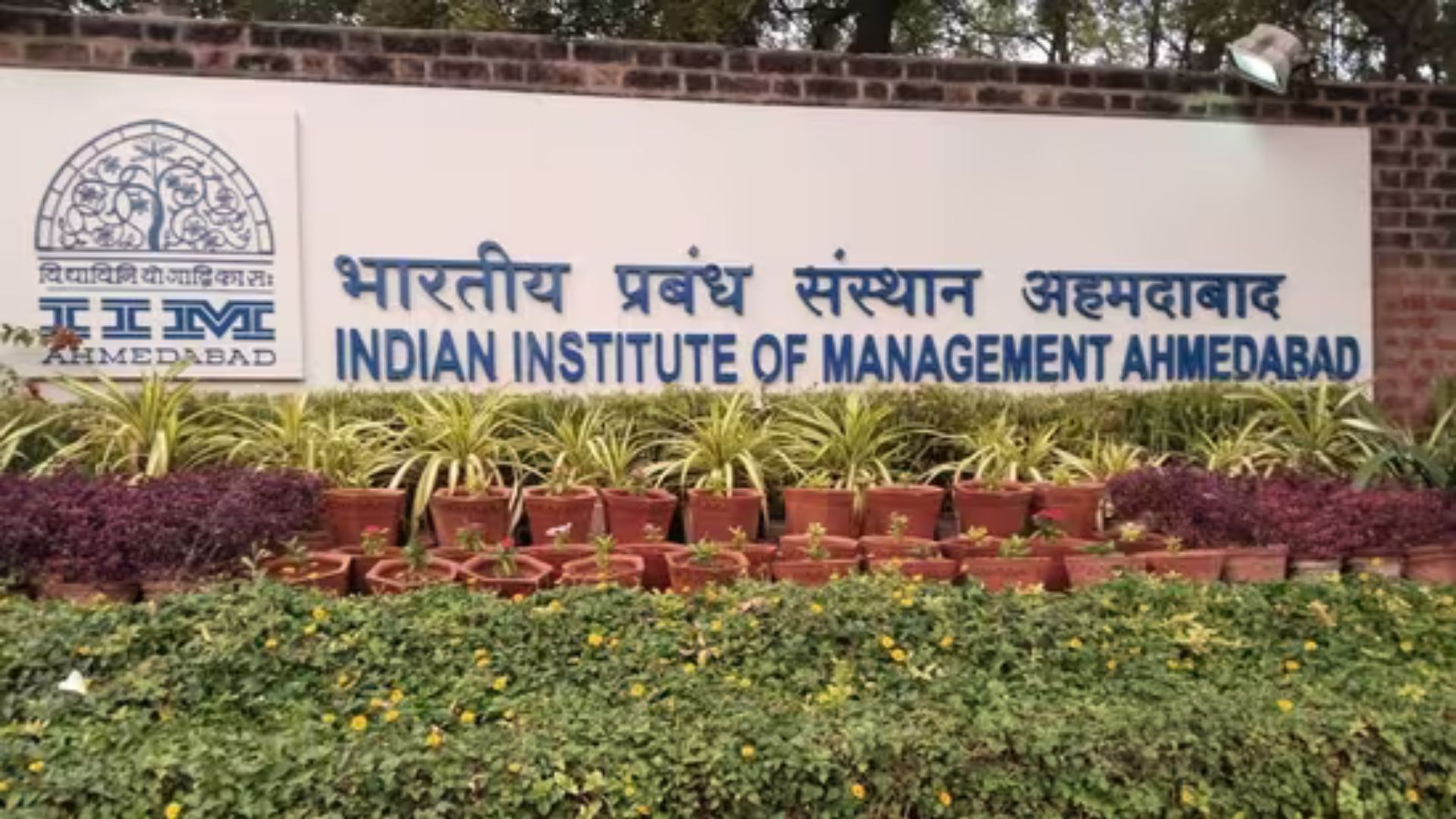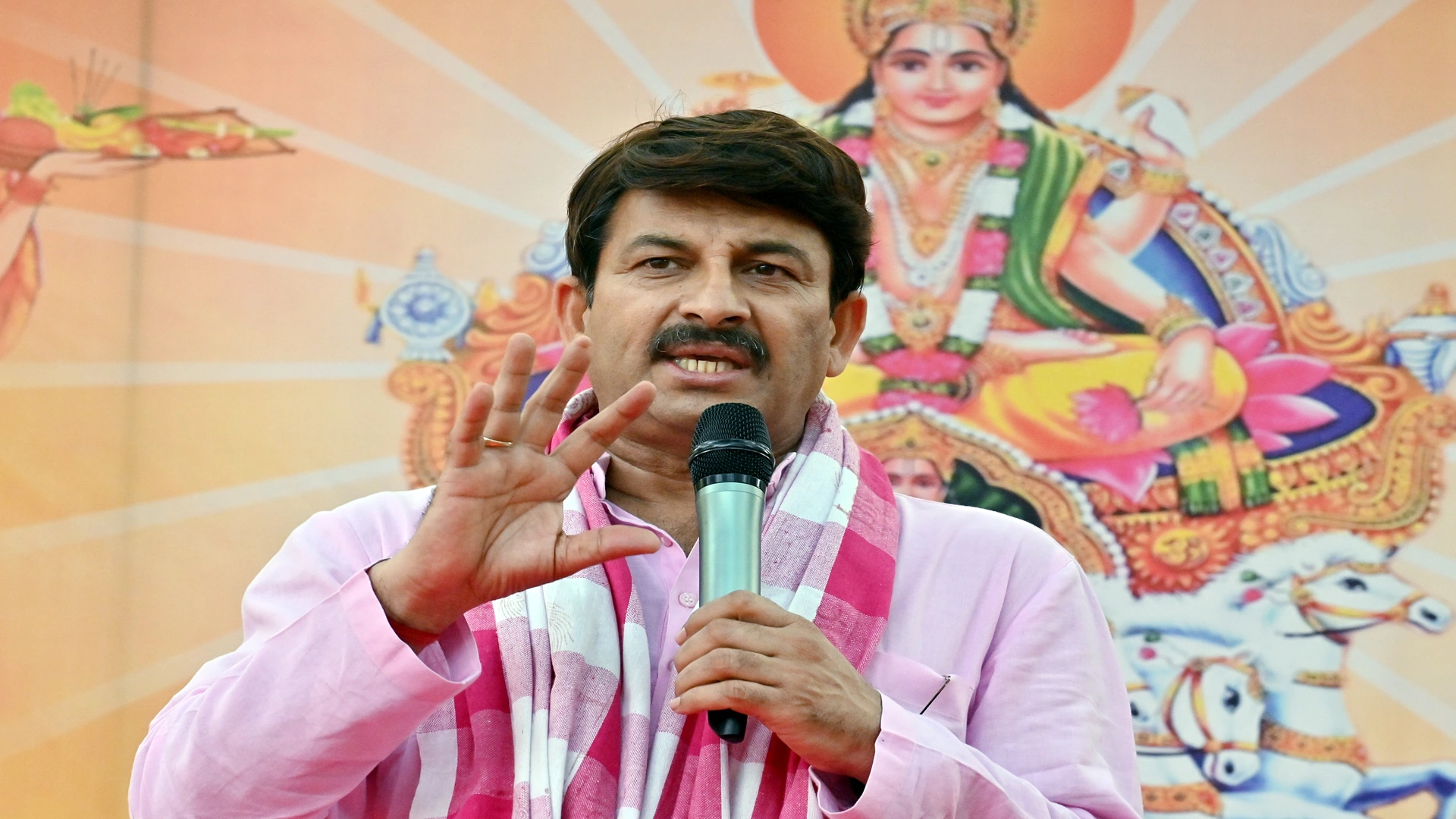Arvind Kejriwal, the Chief Minister of Delhi, is fighting his arrest by the Central Bureau of Investigation (CBI) linked to the Delhi excise policy case. In a recent hearing at the Delhi High Court, his lawyer, Abhishek Manu Singhvi, called the arrest an “afterthought insurance arrest,” arguing it happened only after Kejriwal was granted bail in a separate Enforcement Directorate (ED) case.
Background of the Arrest
Kejriwal’s arrest has raised questions about the timing and motives behind the CBI’s actions. Singhvi noted that the agency did not consider arresting his client until June 2024, almost two years after the alleged scam, which supposedly occurred in August 2022. He asked why the CBI suddenly decided to arrest him just months before the anniversary of the incident.
Singhvi stressed that the CBI had no solid evidence or reasons for the arrest. He argued that Kejriwal’s detention violated his fundamental rights and legal procedures, particularly under Section 41 of the Criminal Procedure Code (CrPC), which outlines how arrests should be conducted.
Key Legal Arguments
In court, Singhvi stated, “The arrest is against the procedure established by law.” He emphasized that Kejriwal, as a chief minister, should not be treated like a criminal. He criticized the trial court’s decision to remand Kejriwal based only on claims that he didn’t provide satisfactory answers during questioning.
Singhvi pointed out that the CBI failed to explain the legal grounds for Kejriwal’s arrest, claiming that they did not follow due process. He lamented that the arrest happened without proper notice or a chance for a fair hearing, which he viewed as a violation of Kejriwal’s rights.
Political Implications
The legal battle occurs during a politically charged atmosphere, with Kejriwal’s Aam Aadmi Party (AAP) arguing that the arrest is politically motivated to weaken his government. While the Delhi government has faced scrutiny over its excise policy, AAP leaders claim the investigation is biased.
Kejriwal’s situation highlights concerns about the intersection of law and politics in India. Critics argue that investigative agencies are being misused for political gain, and this case reflects broader issues regarding the independence of law enforcement.
As the Delhi High Court reviews Kejriwal’s plea, the implications of this case reach beyond the legal issues at hand. It raises important questions about how political figures are treated in the legal system and the balance of power between law enforcement and elected officials. The outcome could significantly impact the political landscape in Delhi and India, especially regarding the accountability of investigative agencies.
With the court proceedings ongoing, attention remains on the judicial system to deliver a fair resolution to this high-stakes legal battle.







